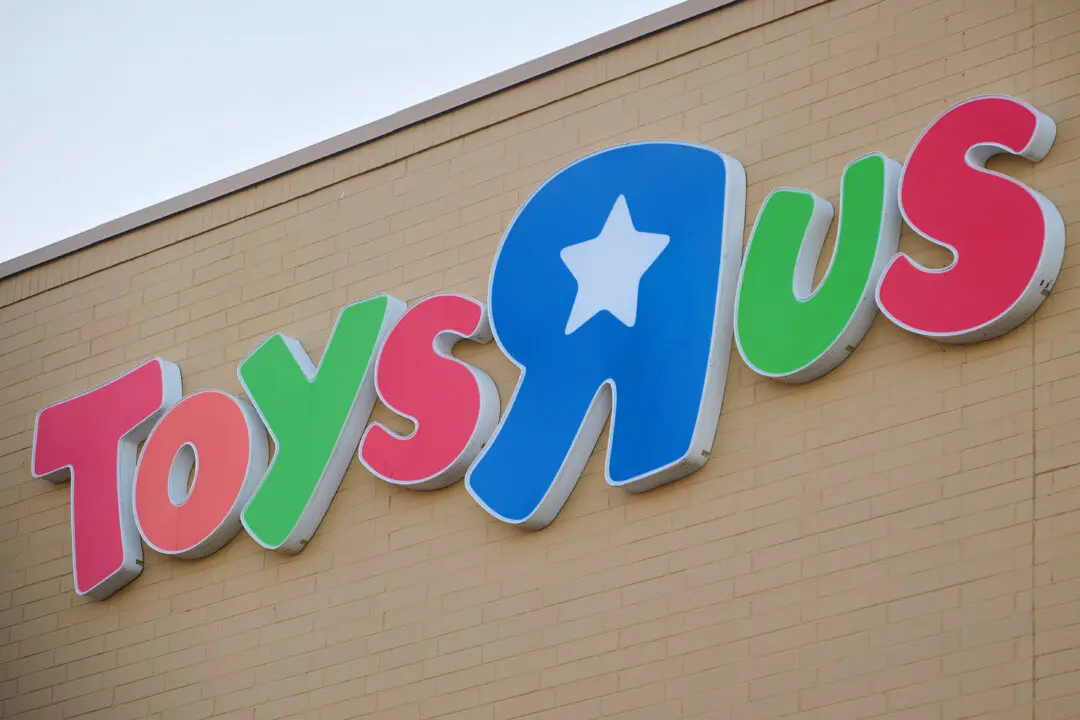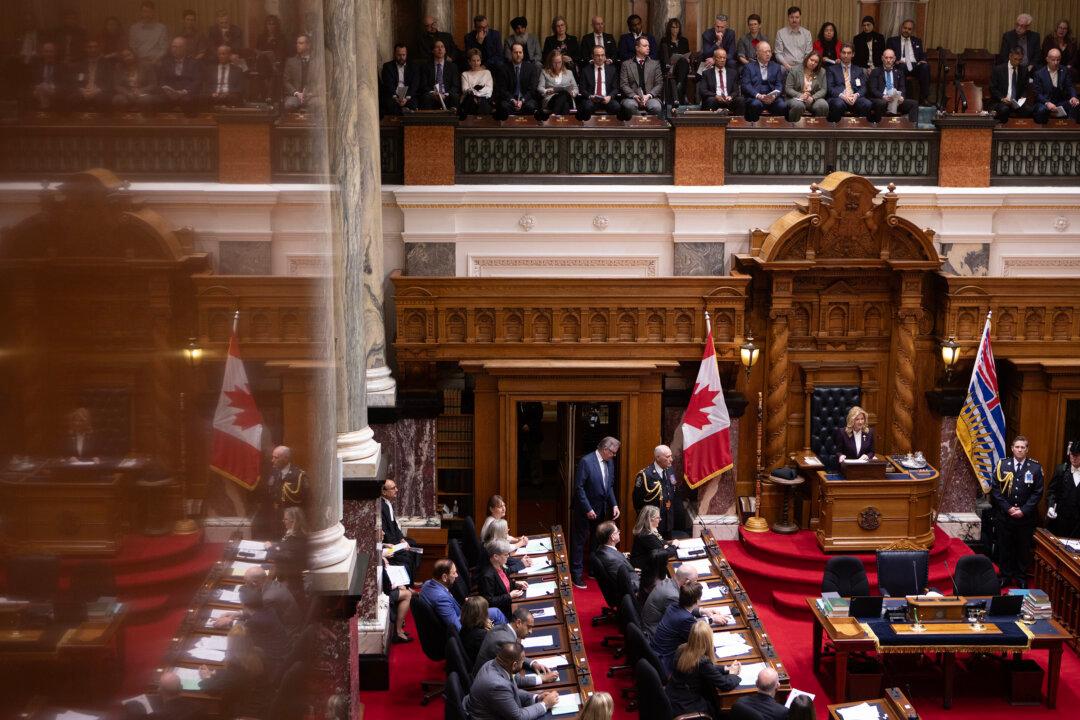WHITEHORSE—An Alaskan musher says it’s not just luck that propelled him to win a gruelling 1,600-kilometre sled dog race.
Hugh Neff was the first person to cross the 2016 Yukon Quest finish line in Whitehorse, Yukon, around 2:30 p.m. PT on Monday, Feb. 15—nine days after the race began in Fairbanks, Alaska.
The 48-year-old won the annual race once before in 2012, and finished fifth in last year’s contest.
Personally, I think I should have won it five or six times by now.





